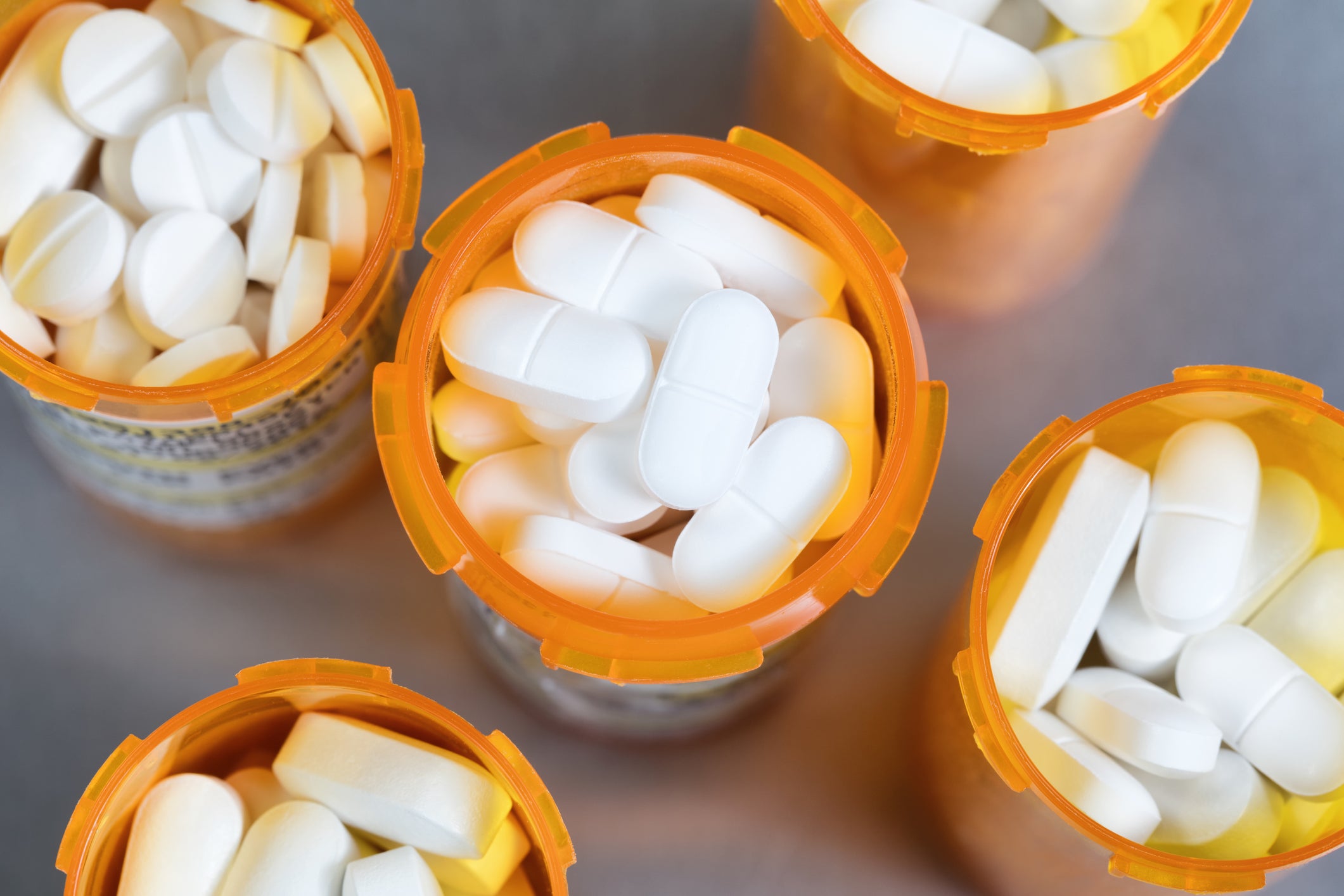Dozens of people charged for illegally distributing millions of opioid pills
A single Houston pharmacy dispensed more than 760,000 pills in just 18 months - equivalent to 1,400 pills every day

Your support helps us to tell the story
From reproductive rights to climate change to Big Tech, The Independent is on the ground when the story is developing. Whether it's investigating the financials of Elon Musk's pro-Trump PAC or producing our latest documentary, 'The A Word', which shines a light on the American women fighting for reproductive rights, we know how important it is to parse out the facts from the messaging.
At such a critical moment in US history, we need reporters on the ground. Your donation allows us to keep sending journalists to speak to both sides of the story.
The Independent is trusted by Americans across the entire political spectrum. And unlike many other quality news outlets, we choose not to lock Americans out of our reporting and analysis with paywalls. We believe quality journalism should be available to everyone, paid for by those who can afford it.
Your support makes all the difference.Dozens of people - including six doctors and seven pharmacists - have been charged with fraud for illegally distributing more than 6 million opioid pills.
Some of the pills were obtained using counterfeit prescription pads, and the stolen identities of legitimate doctors, prosecutors say.
After filling the forged prescriptions - paid for in cash - the pills would be sold on the street at up to five times their actual price.
Texas assistant attorney general Brian Benczkowski estimated that the fraud by the 58 people charged accounted for some $66m in losses.
A single Houston pharmacy dispensed more than 760,000 pills in just 18 months - equivalent to 1,400 pills every day.
The charges come just three days after Purdue Pharma, the maker of OxyContin and whose aggressive marketing and lobbying efforts have fuelled the opioid crisis, filed for bankruptcy.
The opioid crisis has left more than 200,000 people dead from overdoses on prescription pills the past two decades, and cost the United States tens of billions of dollars. The US Center for Disease Control and Prevention estimated that some 1.7 million people were addicted to opioids in 2017. The epidemic has strained public resources and institutions, often in already poor communities. The sheer scale of the opioid epidemic has lowered the average life expectancy in the US.
It has also precipitated other health crisis, like a hepatitis A outbreak in West Virginia. More and more grandparents are raising grandchildren as parents fall prey to addiction.
Join our commenting forum
Join thought-provoking conversations, follow other Independent readers and see their replies
Comments